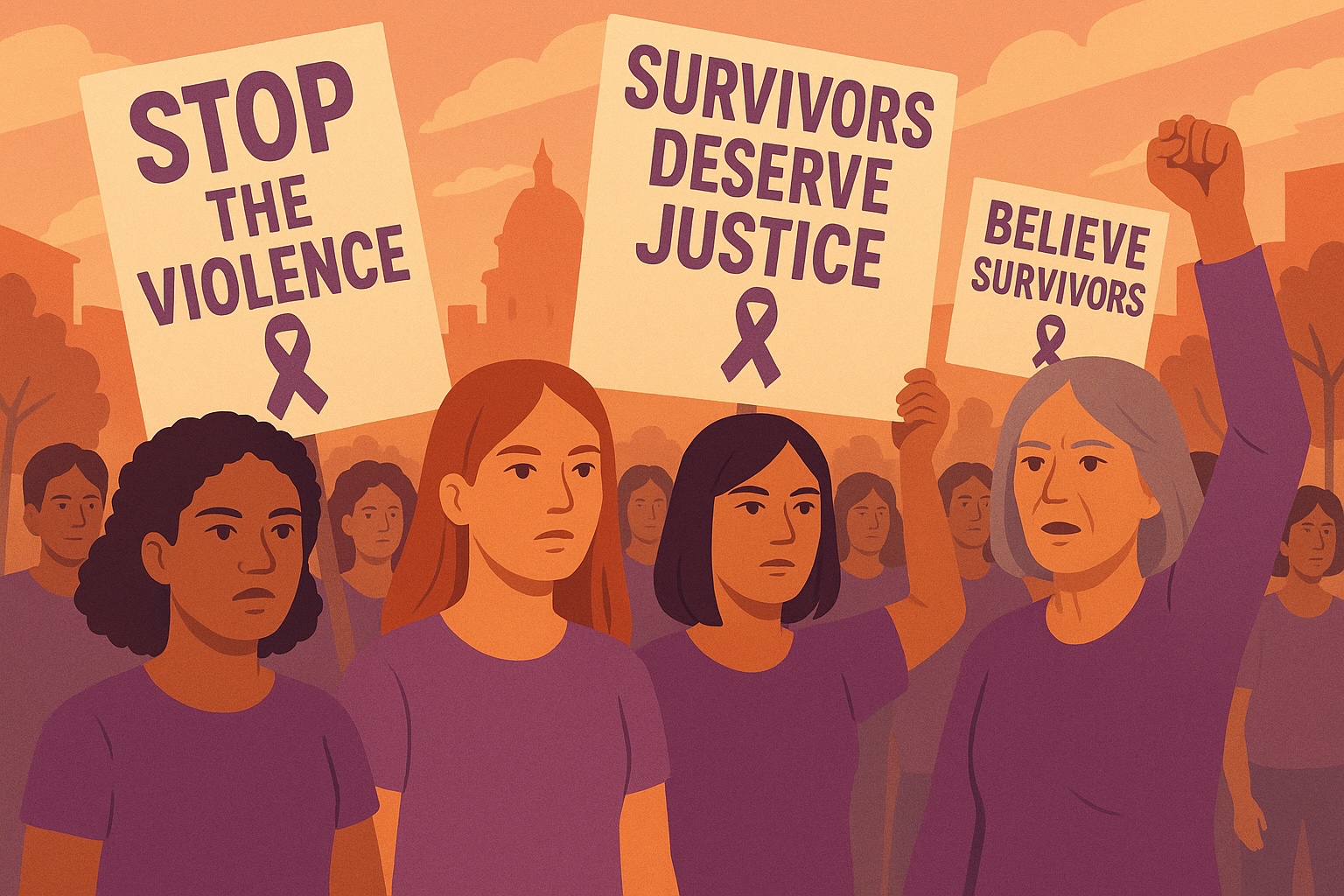Survivor Advocacy Movements Grow in Texas
Survivor-led advocacy movements in Texas are demanding stronger protections, housing access, and recognition of emotional abuse as domestic violence.

Survivors of domestic violence in Texas are turning trauma into activism. Across the state, survivor-led advocacy movements are growing in power, organizing rallies, lobbying lawmakers, and leading petitions to reform laws. Their voices are reshaping the conversation around safety, justice, and survivor-centered policies.
What Advocacy Looks Like in Texas
Public Rallies & Vigils: Raising awareness and honoring victims.
Petitions: Thousands pushing for laws like emotional abuse recognition.
Media Campaigns: Survivors telling their stories to break stigma.
Peer Support Networks: Survivors mentoring others through the process of leaving abuse.
Wins Achieved
Passage of Senate Bill 1841 recognizing emotional abuse.
Increased funding for shelter capacity in Houston and Dallas.
Greater public attention on digital abuse and tech safety programs.
Challenges Survivors Face
Retraumatization when sharing their stories publicly.
Fear of retaliation from abusers.
Limited funding for grassroots organizations.
Conclusion
Survivor advocacy is the heartbeat of Texas’s domestic violence reform movement. Their stories fuel policy change, community awareness, and a vision for a safer future.
FAQs
What are survivor advocacy movements?
Grassroots efforts led by survivors to push for change.What successes have they had in Texas?
Emotional abuse recognition and funding for shelters.What challenges exist?
Funding shortages, safety risks, and retraumatization.Why are survivor voices important?
They humanize the statistics and push lawmakers to act.How can people support advocacy movements?
By donating, volunteering, and amplifying survivor voices.
